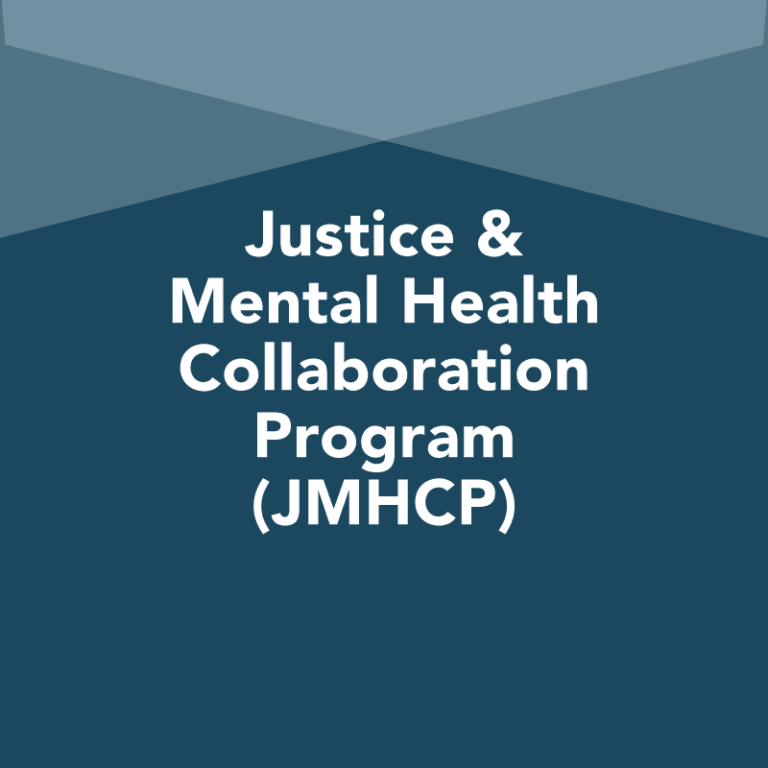While there can be many partners involved in a police-mental health collaboration (PMHC), day-to-day operations are typically overseen by a project coordinator and the PMHC’s interagency workgroup. Together, these individuals work to set goals for the PMHC, collect and analyze data to establish a baseline and assess progress, and much more. But project coordinators need concrete direction on how to advance the PMHC’s objectives and ensure the collaboration continues to meet the community’s needs. This comprehensive handbook is designed to guide project coordinators through the process of planning, implementing, and continuously improving a PMHC. It is a follow-up to the Police-Mental Health Collaboration Framework and the Police-Mental Health Collaboration Self-Assessment Tool, providing concrete action steps that project coordinators can take throughout the PMHC’s planning and implementation stages.
Related Resources

Preparing Law Enforcement Agencies for Embedded Clinicians
Crisis Systems, Law Enforcement, Mental Health
Read more
Building Successful Partnerships with Peer-Run Organizations
Co-Occurring Substance Use, Mental Health
Read more
FY2023 Planning and Implementation Guide for JMHCP Connect and Protect
Co-Occurring Substance Use, Law Enforcement, Mental Health
Read moreAuthors